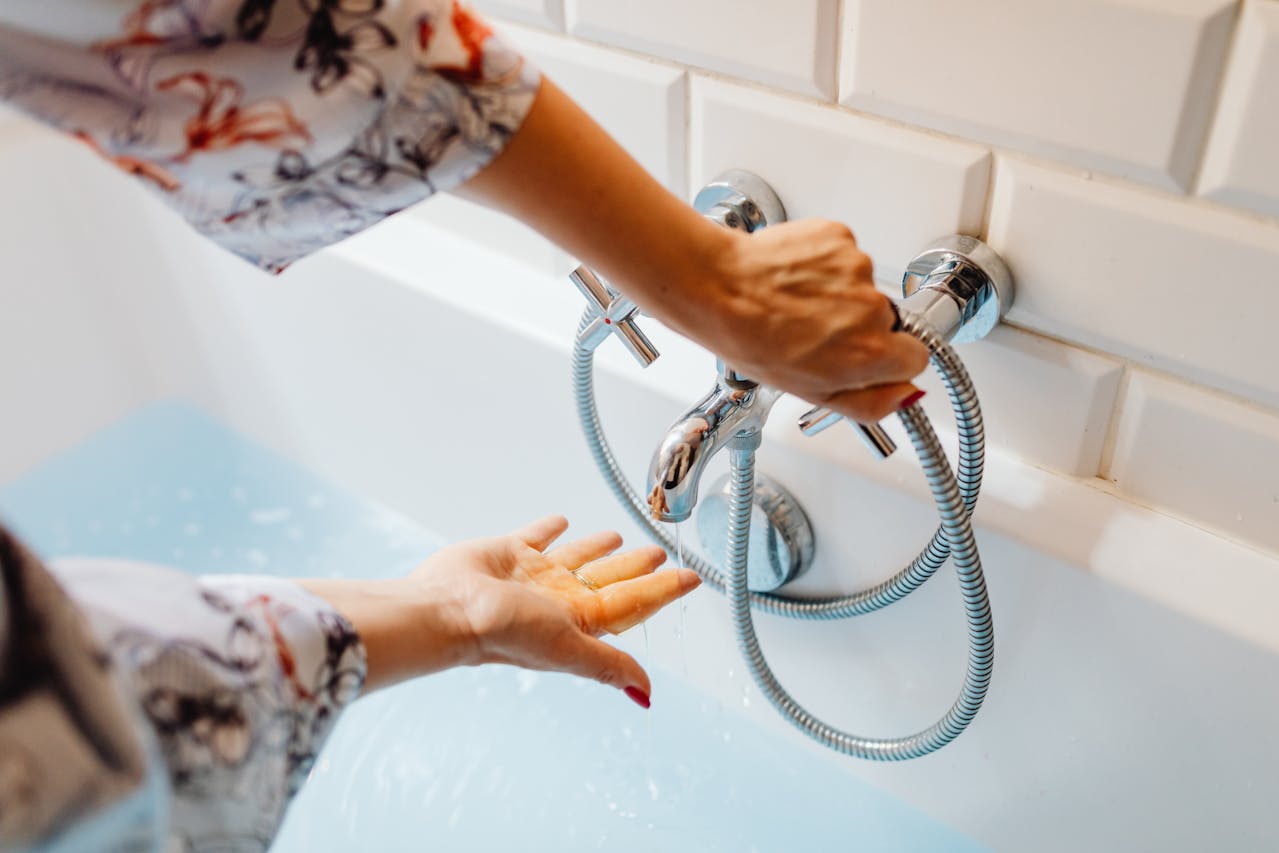Contents
Key Takeaways
- Learn essential plumbing tips to maintain your home’s plumbing system efficiently.
- Understand how to identify common plumbing issues before they escalate.
- Get insights on when to call a professional plumber for help.
The Importance of Regular Maintenance
Regular plumbing maintenance prevents costly repairs and ensures your system runs smoothly. Simple tasks like checking for leaks, inspecting pipes, and ensuring all fixtures are in good condition can save you from unexpected plumbing issues. Timely inspections and minor fixes can prevent more significant problems, saving you from the stress of emergency plumbing situations. By spending a little time on regular maintenance, you can significantly extend the life of your plumbing system. Regular maintenance can include cleaning faucet aerators, checking hoses and washing machines, and examining water pressure.
Identifying and Fixing Leaks
If left unattended, leaks could lead to significant water loss and damage. Regularly inspecting residential plumbing, including under sinks, toilets, and around water heaters, can help to identify leaks early. Signs of leaks can be identified through uncommon water marks, mold, damp odors, and a sudden increase in water expenses. Timely repair is crucial to avoid additional harm after a leak is discovered. Techniques for fixing leaks vary from tightening connections to replacing worn-out washers or seals. Fixing leaks promptly prevents water damage and conserves water.
Handling Plumbing Emergencies
Plumbing emergencies can occur without warning, making it crucial to know how to shut off the water supply and perform basic troubleshooting. Typical emergencies include burst pipes, severe clogs, and overflowing toilets. In burst pipes or significant leaks, shutting off the main valve immediately can prevent extensive water damage. It’s also helpful to understand your home’s plumbing layout, including the locations of shut-off valves. Emergency preparedness can alleviate some of the panic and stress of plumbing disasters. Moreover, a plumbing emergency kit containing the necessary tools and supplies can assist in handling the issue until professional assistance is available.
Essential Tools Every Homeowner Should Have
Every homeowner should possess a basic set of plumbing tools to handle minor issues. These tools include a plunger, pipe wrench, plumber’s tape, and a drain snake. A plunger can deal with most toilet and drain clogs effectively. A pipe wrench is invaluable for working on pipes and fittings, providing the grip and leverage needed for tight connections. A drain snake can clear obstructions that a plunger can’t handle. These tools can efficiently handle minor plumbing problems, reducing reliance on professional help for minor tasks and ultimately saving time and money.
How to Avoid Clogs
Wearing clogs is a common problem that can be avoided easily with basic routines. Do not throw wipes, sanitary products, and paper towels in the toilet if they are not flushable. Monitoring what enters your drains, like avoiding pouring grease or large food scraps, can also help prevent blockages. Frequently cleaning drain covers and utilizing filters to trap debris can significantly decrease the chances of blockages.
Additionally, routine maintenance, like using environmentally friendly products such as baking soda and vinegar, can aid in avoiding blockages in your plumbing system. By implementing proper plumbing techniques, you can ensure your system operates efficiently to prevent the inconvenience and potential damage caused by clogged pipes.
Seasonal Plumbing Checks
Regular plumbing inspection throughout the year can prevent issues specific to each season. During winter, ensure proper insulation on your pipes to avoid freezing, which may cause the pipes to burst. Utilize either pipe insulation materials or heated tape to safeguard uncovered pipes. Use pipe insulation materials or heated tape to protect exposed pipes. During the summer, inspecting for leaks, checking irrigation systems, and maintaining cooling systems can help you avoid water wastage and ensure optimal performance. Seasonal checks should also include testing sump pumps in rainy seasons to prevent flooding. These proactive measures can keep your plumbing in top condition year-round and help you address issues before they escalate into major problems.
When to Consider Plumbing Upgrades
Sometimes, upgrading your plumbing system is the best way to avoid recurrent problems. Replacing old pipes with modern materials such as PEX or copper can improve durability and reliability. Installing energy-efficient water heaters can reduce energy consumption and lower utility bills. Upgrading to smart home plumbing solutions, such as leak detectors and automated shut-off valves, enhances monitoring and control over your plumbing system. According to the Better Homes & Gardens’ plumbing section, these upgrades can provide long-term benefits by improving efficiency, conserving water, and enhancing the overall performance of your plumbing system. Even though the upfront expenses may be more expensive, the long-term savings and peace of mind typically make the investment worthwhile.
Knowing When to Call a Professional
While DIY solutions are handy, certain situations require a professional plumber’s expertise. If you’re dealing with major leaks, persistent clogs, low water pressure, or planning significant upgrades, it’s time to call in the experts. Professionals have the experience, tools, and knowledge to diagnose and fix problems accurately and efficiently. For instance, persistent low water pressure could indicate a hidden leak or problem with the main water line. Professional plumbers can provide solutions that ensure long-term reliability and compliance with local codes.

